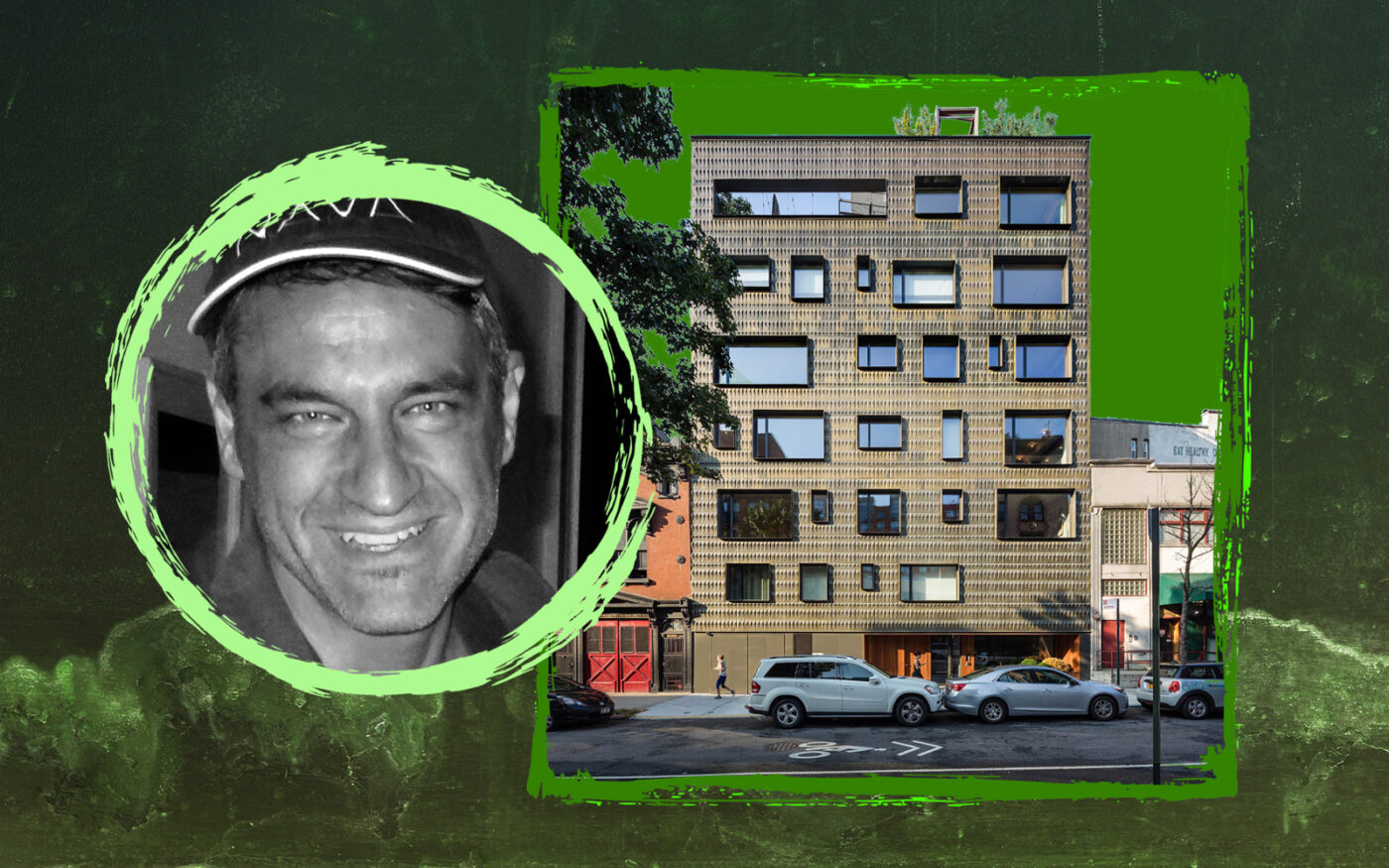Residents of Nava Partners’ energy-efficient Brooklyn condo claim the forward-thinking construction got some things backwards.
The condo board sued Stewart Osborne and David Ruff’s development company for $5 million last week, alleging the Boerum Hill project suffered from faulty construction and lousy materials.
The company in 2014 pitched the development at 210 Pacific Street as having an innovative, “passive house” design that would save residents a fortune in heat and energy costs. Instead, the condo board asserts, it failed to meet the standards of “locally accepted building practices,” resulting in cracks in the roof, concrete and exterior walls.
The unit owners point to improperly installed windows and rampant leaks affecting the complex and two or more of the eight apartments, impairing their ability to re-sell units.
A three-bedroom, 1,563-square-foot unit sold for $2.85 million in April 2021. The year before, a five-bedroom sold for $5.65 million.
Attorneys at Cozen O’Connor, the law firm representing 210 Pacific Street’s board of managers, declined to comment on the case. Reached by phone, Ruff said he was not aware that he had been served with a lawsuit. But an attorney for the developer later issued a statement.
“We categorically reject all of the allegations contained in this suit and we will vigorously defend ourselves in court,” said Steven Sladkus, a partner at Schwartz Sladkus.
One online review of 210 Pacific says it has “a bold and asymmetric façade that is composed of more than 13,000 custom bronze tiles handcrafted in the United States.”
Written in 2015, before the project’s completion, the review adds that the project “uses triple-glazed windows, extensive insulation, solar hot water system and individual energy recovery units.”
The condo board, which claims it made Nava Partners aware of the seven-story building’s deficiencies in 2016, also named Osborne and Ruff in the suit, but it is unclear to what extent the executives can be held personally liable.
A 2017 Appellate Court ruling determined that condo developers’ LLCs, but not the developers themselves, can face consequences for faulty construction.
That case pitted the real estate firm Savanna against unit owners in their condo at 125 North 10th Street in Williamsburg, who claimed they were entitled to compensation for construction defects at their 86-unit property. The developer eventually prevailed.
“This cannot be the only industry in the United States that principals are not entitled to protect their assets by using the corporate form, here an LLC,” Andrea Roschelle, an attorney with Starr Associates who represented Savanna, said at the time.
This article has been updated with a statement from an attorney for Nava Partners.
